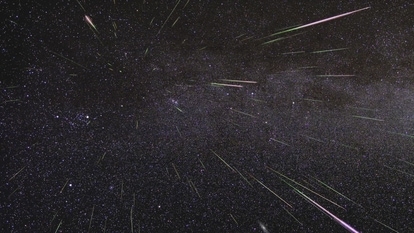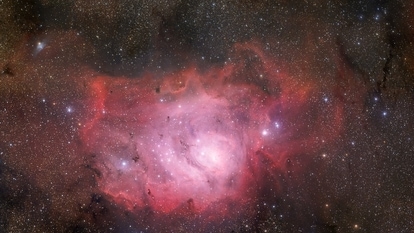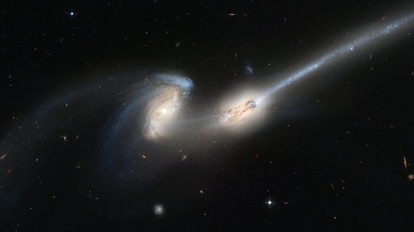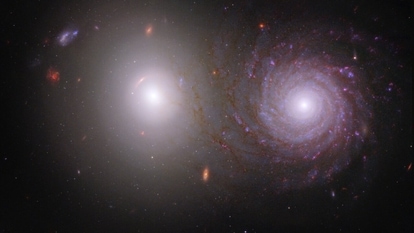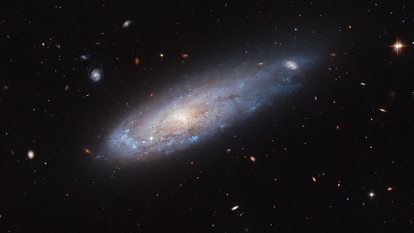Did Aliens give Earth life via an Asteroid? This NASA scientist has something to say
The theory of ‘panspermia’ has always been intriguing to scientists. But now a NASA scientist gives his take on whether life on Earth could have begun because of alien microbes that were transported by asteroids.
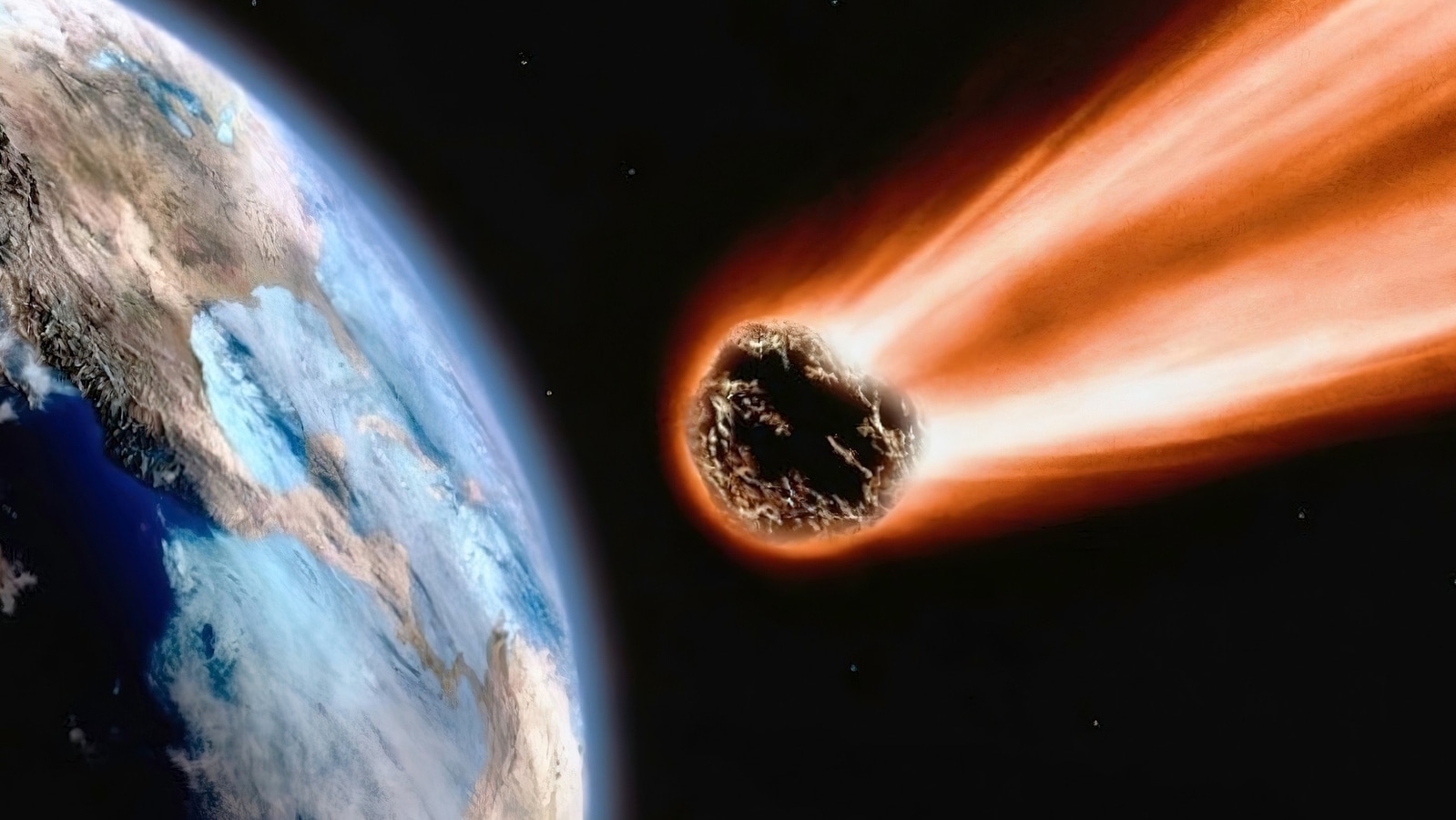
When it comes to the puzzle of origin of life on Earth, scientists have different theories about it. While one suggests that life began on Earth itself as oceans began filling up with organic chemicals which later turned into complex proteins, there is another much more intriguing theory that scientists are interested in. Known as the theory of panspermia, it states that life on Earth might have come from a different planet or celestial body in alien form. And how did it happen? Microbial unicellular organisms came to Earth via asteroid strikes and then spread themselves to kick-start the journey of life on Earth. Obviously, the latter seems a little far-fetched but many researchers argue that there is a possibility of it happening within our solar system.
But a senior research scientist at NASA disagrees. In a statement given to The Tech Outlook, he said, “If the journey took millions of years, then that life would die and it doesn't matter if it is Earth life or non-Earth life…Why? Because it would be destroyed by cosmic radiation. And even if it could survive that, the radiation given off by the mineral in the rock itself would destroy it”.
Panspermia suggests Life on Earth came from Mars riding an asteroid
But as a counter-argument, one interesting theory of panspermia has emerged and it involves Mars, our neighboring planet. According to a report by The Tech Outlook, a team of scientists at the Tokyo University of Pharmacy believe that 4 billion years ago, when Mars could have supported life, some martian microbes could have come to Earth as a result of a broken fragment of the planet hitting our planet and in turn, spreading the spores of life. This theory even takes care of the criticism of the theory that no life can survive in space with all the radiation for a long period of time, essentially eliminating the possibility of life coming from a different galaxy. And it gets more interesting when you consider a bacteria called Deinococcus radiodurans.
Deinococcus radiodurans is a very interesting unicellular organism that can survive at least three years in space, the team of scientists at the Tokyo University of Pharmacy have demonstrated. The research took place in a simulated environment which was constructed to be similar to the International Space Station. The findings were published in Frontiers in Microbiology, a peer-reviewed journal. “We showed [the bacteria] will survive by doing these experiments on the ground, and they accepted us and believed us,” researchers told Tech Outlook. Later, the experiment was repeated in actual space and it was found that a high number of bacterias did manage to survive.
So, while there is a long way to go for panspermia to truly establish itself as a leading theory of the origin of life, Tokyo researchers believe this to be a major breakthrough.
Catch all the Latest Tech News, Mobile News, Laptop News, Gaming news, Wearables News , How To News, also keep up with us on Whatsapp channel,Twitter, Facebook, Google News, and Instagram. For our latest videos, subscribe to our YouTube channel.





